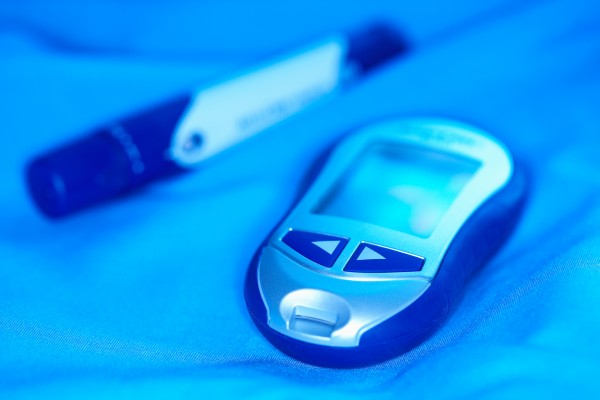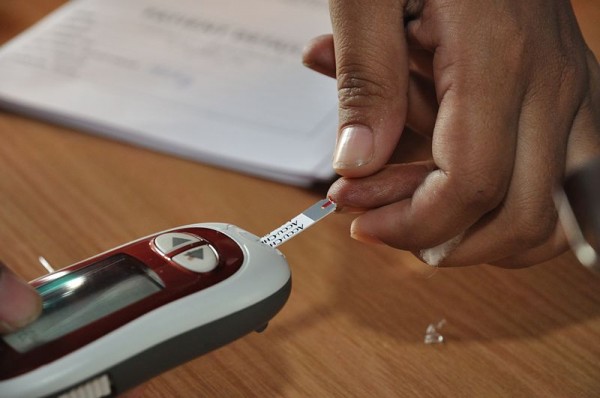Low Blood Glucose Can Affect Your Language Abilities

If you have diabetes–particularly type 1 diabetes–you probably already know that low blood glucose (hypoglycemia) is a serious problem. If your blood glucose levels drop too low, you can risk seizures or coma. If your levels are consistently low for months or years, you have a higher risk of early death. Hypoglycemia signs to watch out for include:
- Shakiness
- Dizziness
- Sweating or chills
- Blurred vision
- Sleepiness during the day
- Headaches
- Weakness
- Anxiety
- Intense confusion
According to researchers at the Royal Infirmary of Edinburgh in the UK, poor ability to process language is another sign of low blood glucose. The team looked at 20 people with type 1 diabetes, and 20 people without diabetes. Each of the subjects was tested on reading, self-paced reading, and subject-verb agreement. The researchers found that when their blood glucose levels were low, they took longer to read and had trouble with grammatical encoding (subject-verb agreement). They also made more mistakes during the reading comprehension tests. Surprisingly, the effects of low blood glucose were even worse among the subjects who did not have type 1 diabetes. While the researchers can’t point to the exact cause of this problem, this study shows that poorer language processing is a side effect of low blood glucose.
Whether or not you have diabetes, you should see your healthcare provider regularly if you have had problems with low blood glucose in the past. In addition to this simple step, you can try some of the tips below to help keep your levels within a healthy range:
- Take all of your diabetes medicines as prescribed
- Avoid skipping meals, or going too long without eating
- Check your blood glucose before and after any physical activity
- Always keep healthy snacks with you
- Never drink alcohol on an empty stomach










